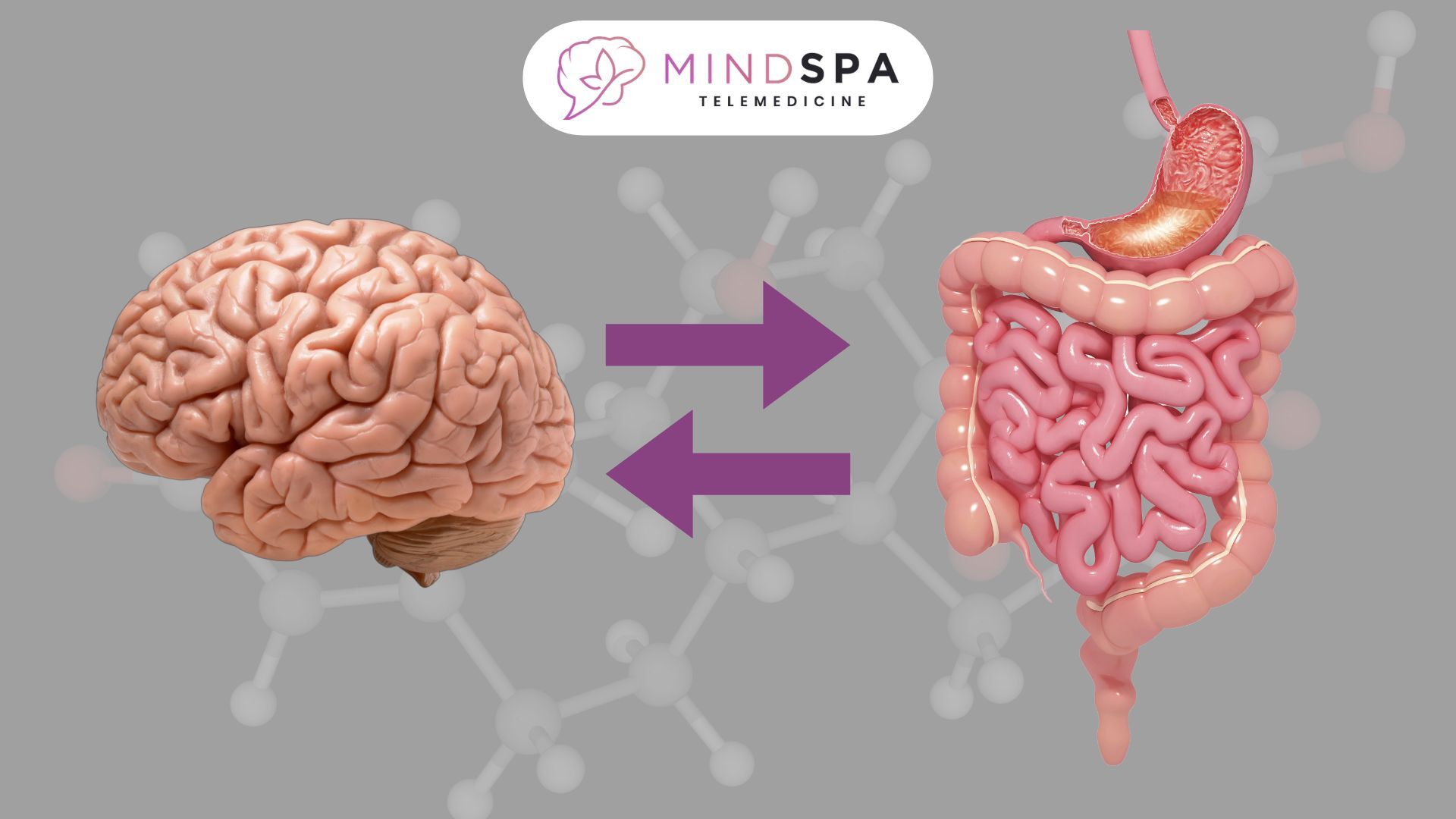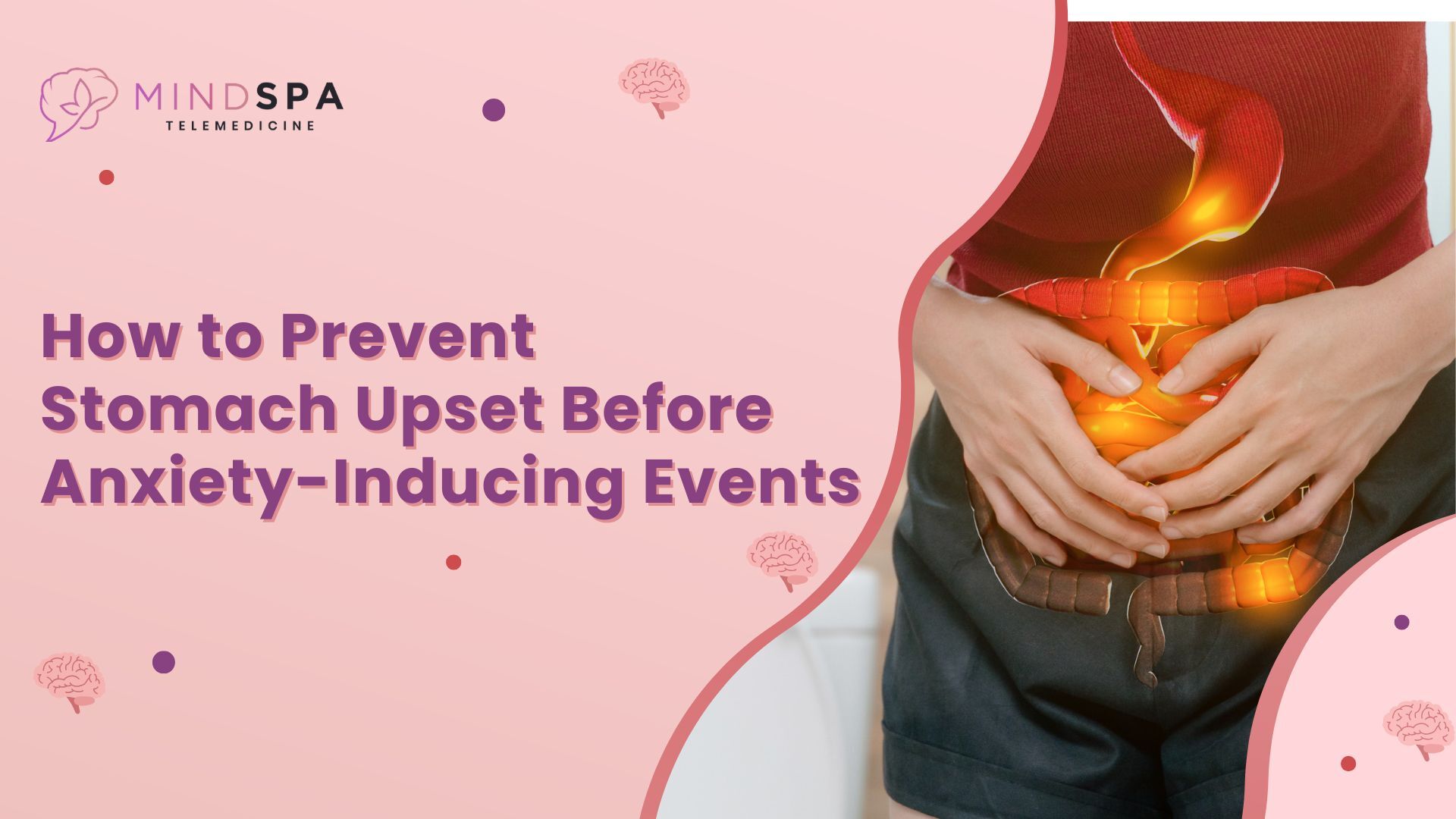Many people complain of digestive heaviness and discomfort before important occasions, which is common. The National Institute of Mental Health in the USA reports that about 31.1% of the adult population suffers from anxiety disorders and many of them present with digestive symptoms as well.
In this article, we’ll look at how to prevent stomach upset before anxiety-inducing events!
The Scientific Connection Between Anxiety and Digestion
There is a connection between the digestive system and the brain and medical professionals refer to this connection as the ‘Gut-brain Axis’. In studies published by Harvard Health, it was shown that such system is made up of over a hundred million nerve cells and is therefore very reactive to emotional states.

Physiological Response to Anxiety
During periods of anxiety, the body initiates several physiological responses:
- Decreased digestive processes
- Increased production of stomach acid
- Reduced blood flow to digestive organs
- Tension in digestive tract muscles
Identifying Anxiety-Related Digestive Symptoms
Common physical manifestations include:
- Mild to moderate nausea
- Digestive system discomfort
- Changes in appetite
- Abdominal discomfort
- Gastrointestinal irregularity

Professional Guidelines for Digestive Comfort
Evening Preparation
- On the night leading up to the event, it’s important to choose foods that are light and won’t cause any sort of discomfort or agitation to the system.
- Do not take any stimulants and irritating agents that may interfere with the digestion process.
- To ease the process of digestion, one may try to do a bit of active movement like taking a short walk or performing some light stretches.
- In this respect, It is important to observe sleep hygiene by having a regular schedule when going to sleep and making the sleeping area comfortable for sleeping purposes.
Morning Management
- On the day of the event, ensure to have enough time to get ready, so that there is no cause for running about in haste, which may cause distress to your digestive system.
- Start the day with a healthy, light meal that supplies the vital nutrients but does not burden the digestive tract.
- Also, devote some time to breathing exercises, which will help relax the nervous system and facilitate the process of digestion.
- In the course of the morning, keep drinking little amounts of water regularly for the purpose of staying hydrated, but do not drink a lot of water at once.
Immediate Pre-Event Care
- Before the event, for instance, in the days before, employ specific breathing techniques to cope with anxiety that may trigger digestion.
- Engage in mental workout where there are visualisation exercises for effective calming of the mind and focus.
- Perform easy exercises for the stomach like stretching and walking without any straining for the sake of proper digestion.
- Such digestive support supplements, if they are part of your routine and recommended by a physician, shall also be considered.
When to Seek Professional Help
Although occasional nervous stomach issues are quite common, chronic ones may require professional help. If you are experiencing:
- Stomach issues that are regular and affect the day to day life,
- Excessive anxiety,
- Persistent physical symptoms,
- Inability to cope with stress on your own,
Then you should consider seeking help from an expert. At MindSpa, we know that the relationship between digestion and anxiety is quite complex and requires an insight from an experienced team. We know how to cope with such internal conflicts and offer individual consultations on these issues.
The Role of Professional Support
Working with a mental health professional can help you:
- Identify your specific anxiety triggers
- Develop personalized coping strategies
- Learn long-term management techniques
- Address both physical and emotional symptoms
Immediate Relief Strategies
Professional recommendations for acute symptom management:
- Implementation of bilateral stimulation techniques
- Consumption of appropriate warm beverages
- Application of controlled breathing methods
- Gentle abdominal relaxation techniques
- Brief physical activity

Professional Support and Future Management
Be reassured that you do not need to endure any stomach problems derived from anxiety by yourself. While these strategies are effective, expert help can impact positively in managing anxiety and its physical aspects.
Are you prepared to manage your anxiety and your digestive tract? The experienced staff from MindSpa is ready to assist you. Book an appointment now and take the first step towards the improvement of your mental health and wellbeing.
Related Questions
Is it possible for anxiety to induce stomach issues?
Definitely! Medical literature has countless studies that discuss the gut-brain axis. Emotions and psychological factors affect the functioning of the bowel which is quite high.
How can I know my stomach problems are caused by anxiety?
Stomach complaints due to anxiety are more common prior to or during a crisis and get better once the crisis is over. However, any signs that persist should be examined by a physician.
Are there foods that are effective in easing an anxious stomach?
Sure! Foods containing yogurt, probiotics, bananas, toast, rice, and light proteins are a few foods good for an anxious stomach.
How long does stomach upset due to anxiety last?
Most symptoms usually resolve on their own after the stressful situation has been dealt with but this is subjective. If suffering from chronic anxiety then it might be advisable to see a doctor in order to relieve those symptoms for a longer time.

